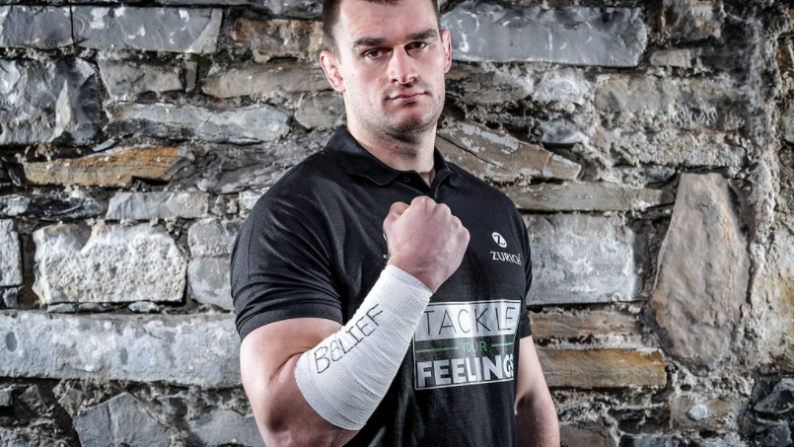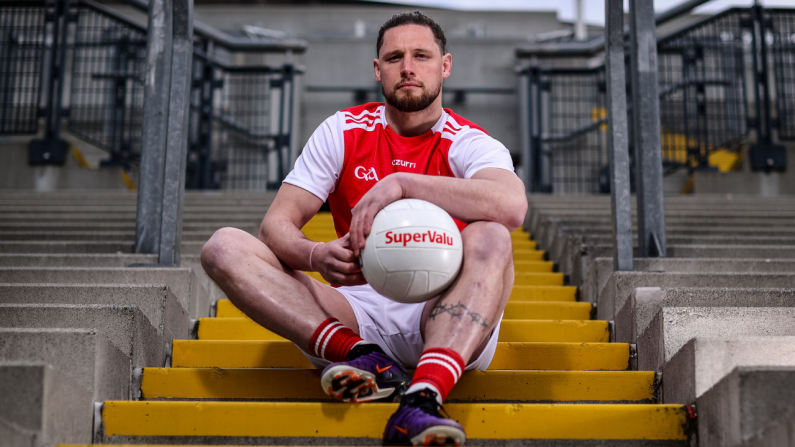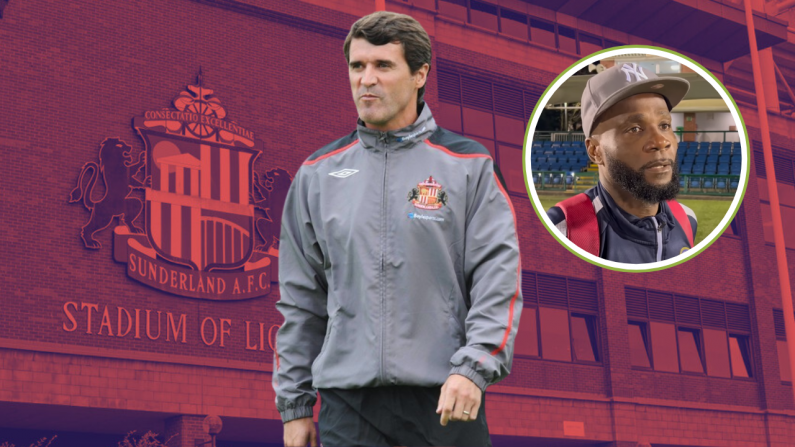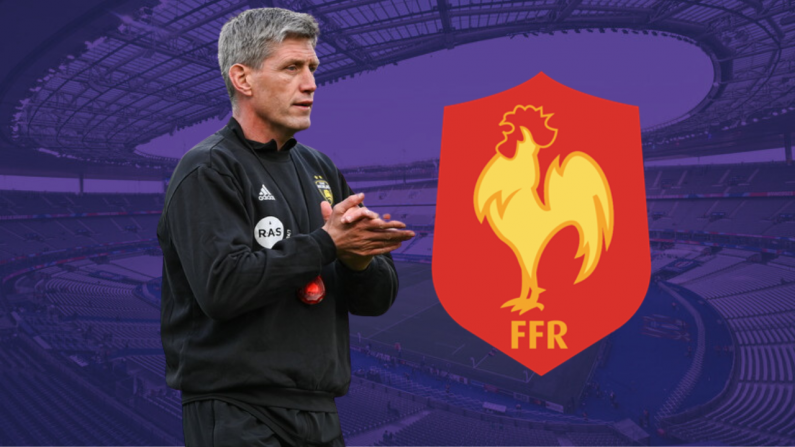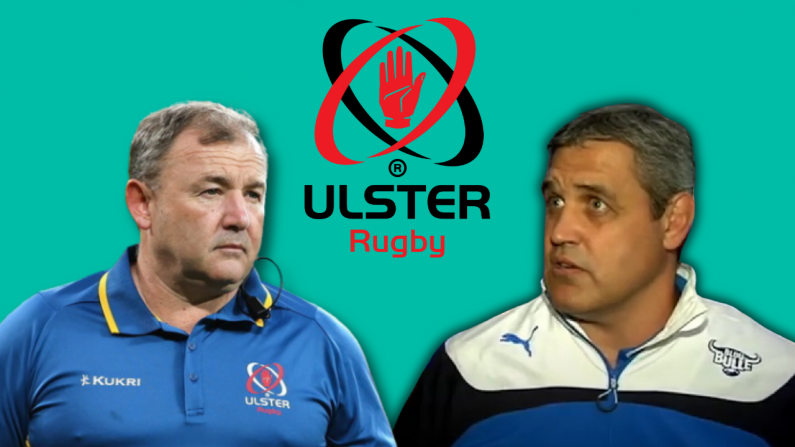February 3, 2018. A wet night in Paris. The clock well past 80 minutes. Ireland trail by 1. The Ireland ruck is at least 40 metres from the posts. The Ireland team have gone through more than 40 phases. Victory for Ireland against France seemed unlikely in the extreme and Ireland's Six Nations campaign looked ready to derail before it had even started.
We all remember the outcome. But Johnny Sexton's incredible drop goal at the Stade de France was much more than a moment of magic. It was the by-product of a lifetime's work. Sexton needed both the technical expertise to pull off an incredibly difficult kick in hostile conditions, as well as the mental fortitude not to be daunted by the pressure of the situation. While it's natural to focus on the bravado of the one act - kicking a match-winning drop goal - Sexton's kick becomes more impressive when one considers the myriad of little things that Sexton had to get right before he'd even consider attempting the kick.
So many hours of mental and physical preparation had to take place for that kick to clear the posts. There were obvious aspects (kicking practice) but thousands of far less noticeable things that Sexton had got right.
In the world of professional sport, sportspeople are always searching for some sort of edge over their competitors. As sports science becomes more advanced and more accessible, the slightest advantages can be the difference between victory and defeat. As we head towards the business end of an incredibly competitive Six Nations, a champion will emerge who has executed in pivotal situations, enjoyed a bit of luck, but most of all, perfected game preparation to such a degree that they are prepared for anything and everything that can happen within a chaotic 80 minutes of Test rugby.
While the exact circumstances that Sexton kicked that drop goal in are pretty difficult to create in training - a rainy night in Paris, 42 metres, 45 metres, the pressure of the game's last kick - it was fascinating to hear Sexton refer to a drop goal against Zebre he'd made back in 2013 in post-match interviews. He'd built on past experiences as a player in order to be ready for any situation on the pitch.
This ties into the concept of marginal gains which has become quite popular across the sporting world in recent years. The idea originates from Dave Brailsford, one-time performance director of British Cycling and current general manager of Team Sky. Rather than doggedly pursuing radical change in performance, Brailsford advocated 1% improvement across a range of performances criteria. Over time, these 'marginal gains' can accumulate into massive improvements in performance.
“Forget about perfection; focus on progression, and compound the improvement,” Brailsford said.
'Marginal gains' can be applied to a range of factors in a sporting context: strength training, diet and nutrition, and most interestingly, mental well-being. Over the last number of years, we have seen many sportspeople speak publicly about the stigma around discussing mental well-being. Confidence is something that every sportsperson needs when they head out on the pitch, and in recent years, players have learned that discussing their emotions can lead to improved performance in matches. Campaigns like Tackle Your Feelings from Rugby Players Ireland and Zurich have been at the forefront of changing the conversation around mental well-being. The net result for sportspeople is that improving mental well-being can provide a vital 'marginal gain'.
It's not just athletes who benefit from the 'marginal gains' approach to mental well-being. This matters for people in all walks for life. Improved mental well-being can lead to a greater enjoyment of life, better performance in work and deeper engagement in relationships.
The brand-new Tackle Your Feelings app (you can download it from iTunes or the Play store today) utilises theories around marginal gains and applies them to mental well-being. There is video and written content from more than 23 rugby players that deals with strategies for improving well-being.
The trick is not waiting for an emotional crisis before talking about your feelings. Like diet or sleep, emotional well-being is a vital cog in our experience of life and the Tackle Your Feelings app is a valuable asset for anyone looking to expand the potential of well-being.
The Tackle Your Feelings app is being launched this Saturday at a brilliant event at Wanderers Rugby Club. If you can't be at the Aviva Saturday for Ireland v Wales, this is the place to be. Register to attend the event here and you might win tickets for Ireland v Scotland AND the Pro 14 final.

